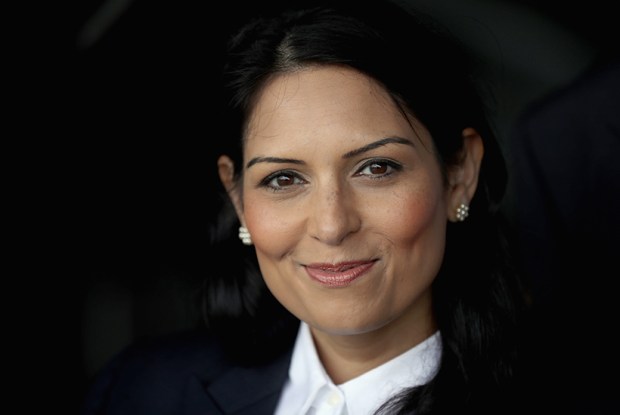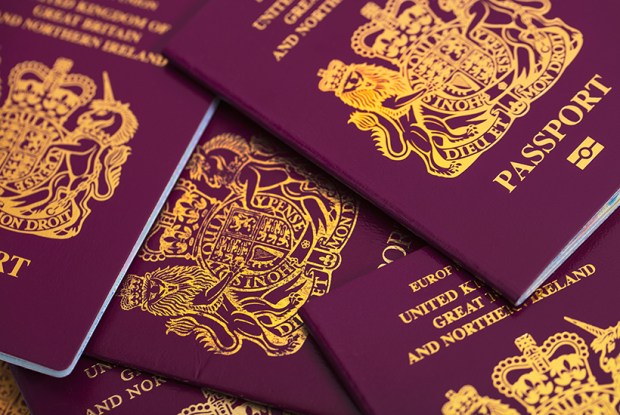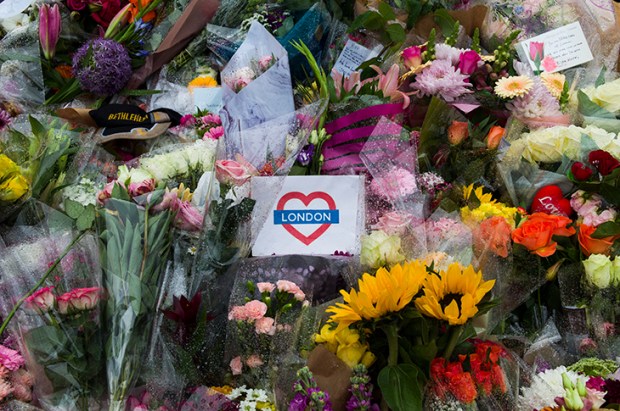Staraya Russa. About two thirds of the way from Moscow to St Petersburg, in the historic Novgorod Oblast, once the eastern outpost of that much preferable European union, the Hanseatic League. Beautiful cathedral square, lakes and forests, timber-clad museum where Dostoevsky wrote The Brothers Karamazov. There’s a rather grand house for sale — about 5,000 sq ft, five beds, nice garden — for £143,416.
Already a subscriber? Log in
Subscribe for just $2 a week
Try a month of The Spectator Australia absolutely free and without commitment. Not only that but – if you choose to continue – you’ll pay just $2 a week for your first year.
- Unlimited access to spectator.com.au and app
- The weekly edition on the Spectator Australia app
- Spectator podcasts and newsletters
- Full access to spectator.co.uk
Or
Unlock this article
You might disagree with half of it, but you’ll enjoy reading all of it. Try your first month for free, then just $2 a week for the remainder of your first year.















Comments
Don't miss out
Join the conversation with other Spectator Australia readers. Subscribe to leave a comment.
SUBSCRIBEAlready a subscriber? Log in